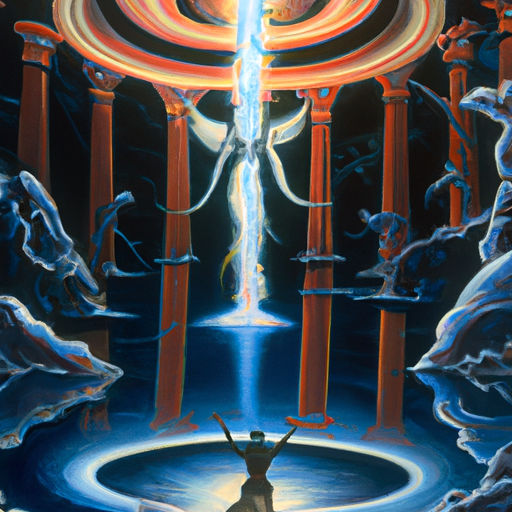How the Biological Clock Works: Aging and Your Body Over Time
The human body is like a clock, ticking away the moments of our lives. With each passing hour, our bodies age and our cells degrade. The biological clock is an integral part of this process, and understanding it can help us better understand our own aging and how to best care for ourselves.
The biological clock is the body’s internal mechanism for tracking time and regulating its physiological processes. It’s made up of a variety of hormones, proteins, and genetic factors that interact with each other to create a schedule for the body’s activities. This schedule regulates things like sleep-wake cycles, metabolism, and growth. It also helps orchestrate the body’s aging process over time.
The aging process is in part driven by the biological clock. As we age, our bodies produce fewer hormones and proteins that regulate important functions like metabolism and energy production. This reduces the body’s ability to fight off disease and maintain healthy tissues and organs, leading to physical decline. The biological clock also plays a role in controlling the lifespan of cells, ensuring that they are replaced with new ones as they become too old to do their job efficiently.
Aging isn’t just about our bodies getting older; it’s also about how they function over time. Understanding the science behind aging can help us make better decisions about our health and lifestyle choices. For instance, we can develop better diets and exercise routines that will help us age gracefully by keeping our bodies functioning at their best for as long as possible.
We can also use research on the biological clock to understand how different factors like diet, exercise, and stress affect our lifespan. By understanding how these factors interact with each other, we can make lifestyle changes that will help us extend our lives while maintaining a high quality of life.
Understanding the biological clock is an important step in taking control of your health and wellbeing as you age. Knowing how your body works can give you insight into what you need to do to stay healthy as you get older. With this knowledge, you can make informed choices about your lifestyle so that you can enjoy a long life full of vitality and health.
FAQs
What is the biological clock?
The biological clock is an internal mechanism for tracking time and regulating physiological processes like sleep-wake cycles, metabolism, growth, and aging. It’s made up of hormones, proteins, and genetic factors that interact with each other to create a schedule for the body’s activities.
How does the biological clock affect aging?
The biological clock plays an important role in controlling the aging process by regulating hormones and proteins that are important for maintaining healthy tissues and organs over time. As we age, these hormones decline which leads to physical decline such as reduced energy production and greater susceptibility to disease.
What can I do to help slow down my aging process?
Developing healthier habits such as eating a balanced diet, exercising regularly, reducing stress levels, and getting enough sleep are all important steps towards slowing down the aging process. Research on the biological clock can also offer insight into lifestyle changes you can make to extend your lifespan while maintaining a high quality of life.

